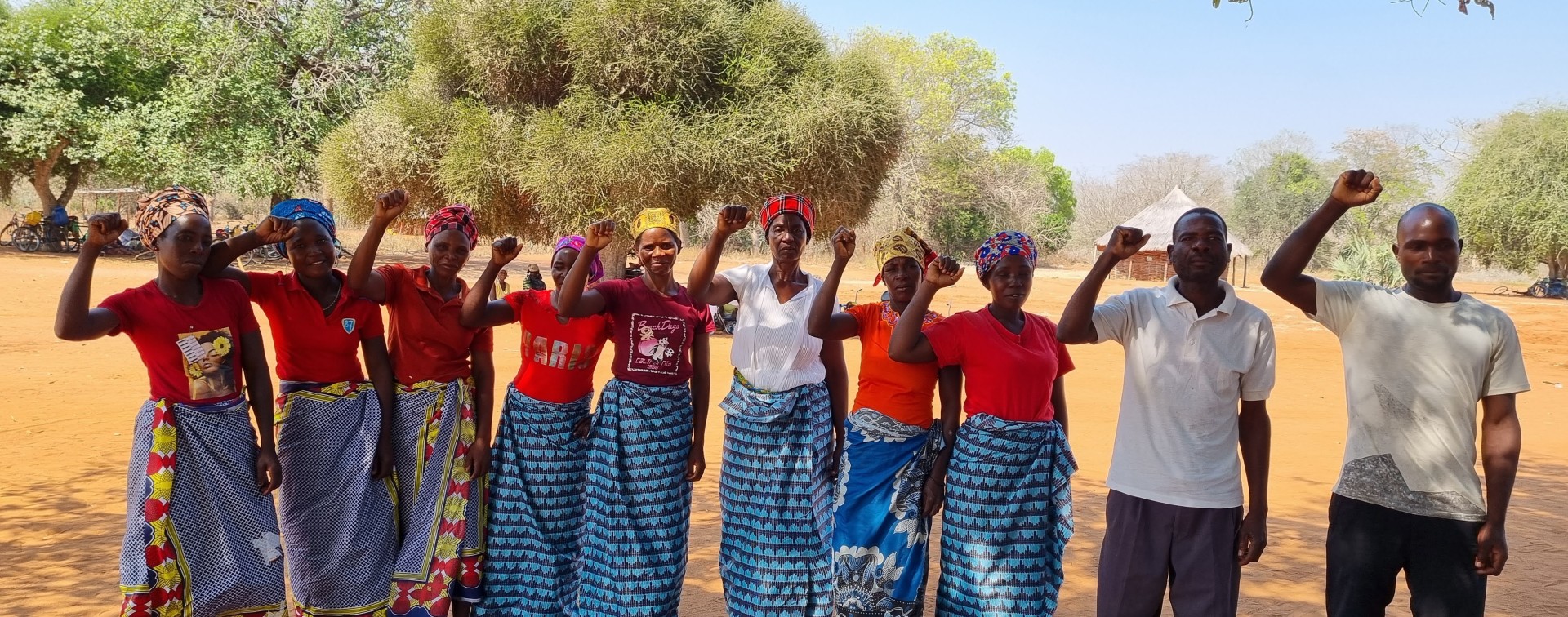Development happens in communities. We believe that every human person has a fundamental right to voice in the decisions that affect their lives, and to equal and affordable access to the fundamental public services through which they can achieve their full potential.
Our mission is to ShiftThePower so that low-income communities successfully achieve their own visions and goals
To that end, the Movement for Community-led Development works to bring civil society and governments into an effective partnership to achieve the following goals:
- Voice and Agency for Women, Youth, People with Disabilities and All Marginalized Groups. All citizens, and particularly the marginalized, need effective community-based civil society organizations expressing their collective aspirations, and operating in a policy environment that guarantees their opportunity to participate in local decision-making and in their own development.
- Adequate Community Finance. There must be policies that ensure all communities can command a fair share of public resources for achieving local goals in ways that are transparent, timely and publicly accountable. Community philanthropy has a catalytic role to play, and every person has a right to access affordable financial services.
- Good Local Governance. Local governments must be democratically elected, and they need to be financially autonomous and possess requisite skills to fulfill their responsibilities to meet the basic needs of their citizens. Local governments need to work in direct partnership with active citizens through mandatory mechanisms for bottom-up planning and social accountability, including their citizen’s Right to Information.
- Quality Public Services. Every community must have access to affordable, effective, quality public services for health, education, water, sanitation, vocational training, food and nutrition security, natural resource management, public safety and justice – preferably through integrated strategies and co-location for improved efficiency and convenience to citizens.
- Resilience. All communities must establish regularized processes for disaster preparedness and risk-reduction – developing the skills and awareness to be resilient to climate change and social/political disruptions.
CLD National Associations can catalyze progress towards the realization of these goals through organizing the following activities:
- Share and Learn: National Associations will meet regularly (in person or via internet) as a community of practice, utilizing a shared language and analytic framework to learn about each others methodologies for community mobilization and promote the science of community-led development as a mainstream, cross-cutting theme in development.
- Conduct a Human-Centered Systems Analysis: Each National Association will survey the national policies relevant to CLD and the ecosystem of development actors, starting with those institutions that are directly accessible to the rural poor, and working upwards. This can include doing a “SWOT” analysis (strengths, weaknesses, opportunities, threats) of the pathways for achieving our goals.
- Create a prioritized research agenda to support advocacy with evidence. CLD Research Working Group and Learning Working Groups will develop a research agenda that leads to new evidence and provides decision makers with additional data for considering integrated approaches to development issues. The Learning Working Group will continue a culture of learning and convene CLD members at Learning Events.
- Find and nurture CLD champions within government and other stakeholders. Each National Association will establish strong relationships with individuals in relevant ministries, bilaterals and multilaterals, and strategize with them on how they will advance the vision of successful CLD together.
- Exchange visits. Seeing is believing. We will identify communities where CLD is working successfully and arrange visits by movement members and policy makers to prove the efficiency of CLD as the best pathway to achieve the SDGs.
- Form consortia for larger pilot programs. Build and foster consortia of NGOs and government bodies to demonstrate national scale-up that could be funded by foundations or bilaterals. The local government ministry would have full ownership of such a pilot program as a model for national scaleup.
- Provide technical capacity support to governments and communities. Civil society is uniquely positioned to build the capacity of local governments. National Associations can map their own activities and coordinate with local government systems to ensure “no one is left behind.”
- Improving laws, policies and programs to bring CLD to scale. Ultimately, devolution of funding and mobilizing communities at scale will require a well-funded national program, as has taken place in Korea, the Philippines and Indonesia.
Featured Photo: Animators in Malindile, Mozambique in 2022. Photo for The Hunger Project.


